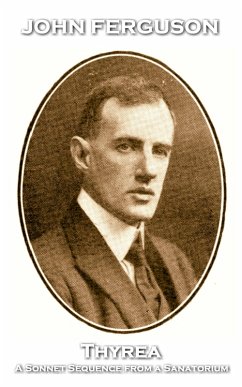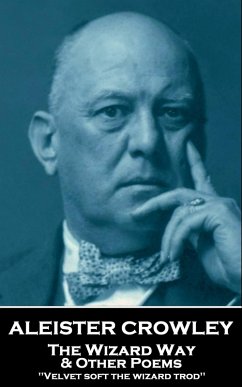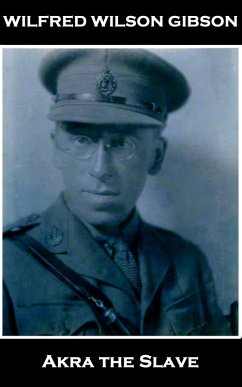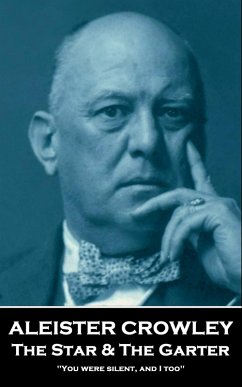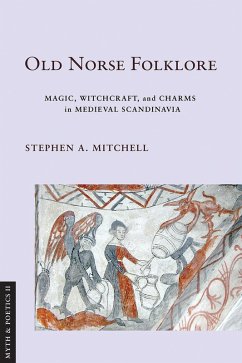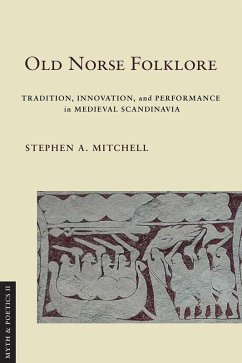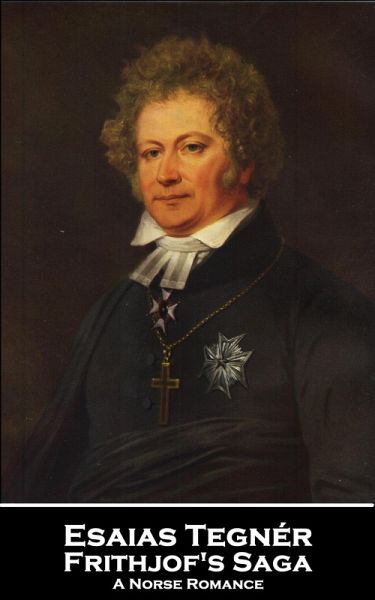
Fridthjof's Saga; a Norse romance (eBook, ePUB)
'Unequaled grace and beauty showing''
Versandkostenfrei!
Sofort per Download lieferbar
5,99 €
inkl. MwSt.
Weitere Ausgaben:

PAYBACK Punkte
3 °P sammeln!
Esaias Tegnér was born on the 13th November 1782 in Kyrkerud, Värmland, Sweden.Tegnér spent his childhood and youth in the country until, in 1799, he entered Lund University where he graduated in Philosophy. He remained there as a tutor, and then Professor, until 1824.In 1811 his patriotic poem 'Svea' won the great prize of the Swedish Academy and led to the founding in Stockholm of the Gothic League, of which he quickly became the leader of young and patriotic men who wrote poetry and published their viewpoints in their own magazine; Iduna.Parallel to his University career he developed his...
Esaias Tegnér was born on the 13th November 1782 in Kyrkerud, Värmland, Sweden.
Tegnér spent his childhood and youth in the country until, in 1799, he entered Lund University where he graduated in Philosophy. He remained there as a tutor, and then Professor, until 1824.
In 1811 his patriotic poem 'Svea' won the great prize of the Swedish Academy and led to the founding in Stockholm of the Gothic League, of which he quickly became the leader of young and patriotic men who wrote poetry and published their viewpoints in their own magazine; Iduna.
Parallel to his University career he developed his literary career. His first great success was a war-song for the Army in 1808. It was only more than a decade later that the first fragments of his epic 'Frithjof's Saga' came into public view with the complete version published in 1825. Such was its sweep and power that even before its final publication it had attracted keen and avid attention throughout Europe.
Its success had not only made him one of Europe's most famous poets but had also helped him gain his Bishop's seat, surprisingly so as, up to that time, he had showed little interest in the formal aspects of religion.
At the pinnacle of his success, and despite being married, he fell passionately in love with the wife of a local councillor. Whilst it inspired much of his poetry it undermined his health.
During a visit to Stockholm in 1840 he lost his sanity. Although cured and able to return home, he wrote no more leaving unfinished two epic poems, 'Gerda' and 'Kronbruden'.
Esaias Tegnér died after a catastrophic stroke on the 2nd November 1846 in Växjö, Småland, Sweden. He was 63.
Tegnér spent his childhood and youth in the country until, in 1799, he entered Lund University where he graduated in Philosophy. He remained there as a tutor, and then Professor, until 1824.
In 1811 his patriotic poem 'Svea' won the great prize of the Swedish Academy and led to the founding in Stockholm of the Gothic League, of which he quickly became the leader of young and patriotic men who wrote poetry and published their viewpoints in their own magazine; Iduna.
Parallel to his University career he developed his literary career. His first great success was a war-song for the Army in 1808. It was only more than a decade later that the first fragments of his epic 'Frithjof's Saga' came into public view with the complete version published in 1825. Such was its sweep and power that even before its final publication it had attracted keen and avid attention throughout Europe.
Its success had not only made him one of Europe's most famous poets but had also helped him gain his Bishop's seat, surprisingly so as, up to that time, he had showed little interest in the formal aspects of religion.
At the pinnacle of his success, and despite being married, he fell passionately in love with the wife of a local councillor. Whilst it inspired much of his poetry it undermined his health.
During a visit to Stockholm in 1840 he lost his sanity. Although cured and able to return home, he wrote no more leaving unfinished two epic poems, 'Gerda' and 'Kronbruden'.
Esaias Tegnér died after a catastrophic stroke on the 2nd November 1846 in Växjö, Småland, Sweden. He was 63.
Dieser Download kann aus rechtlichen Gründen nur mit Rechnungsadresse in D ausgeliefert werden.






